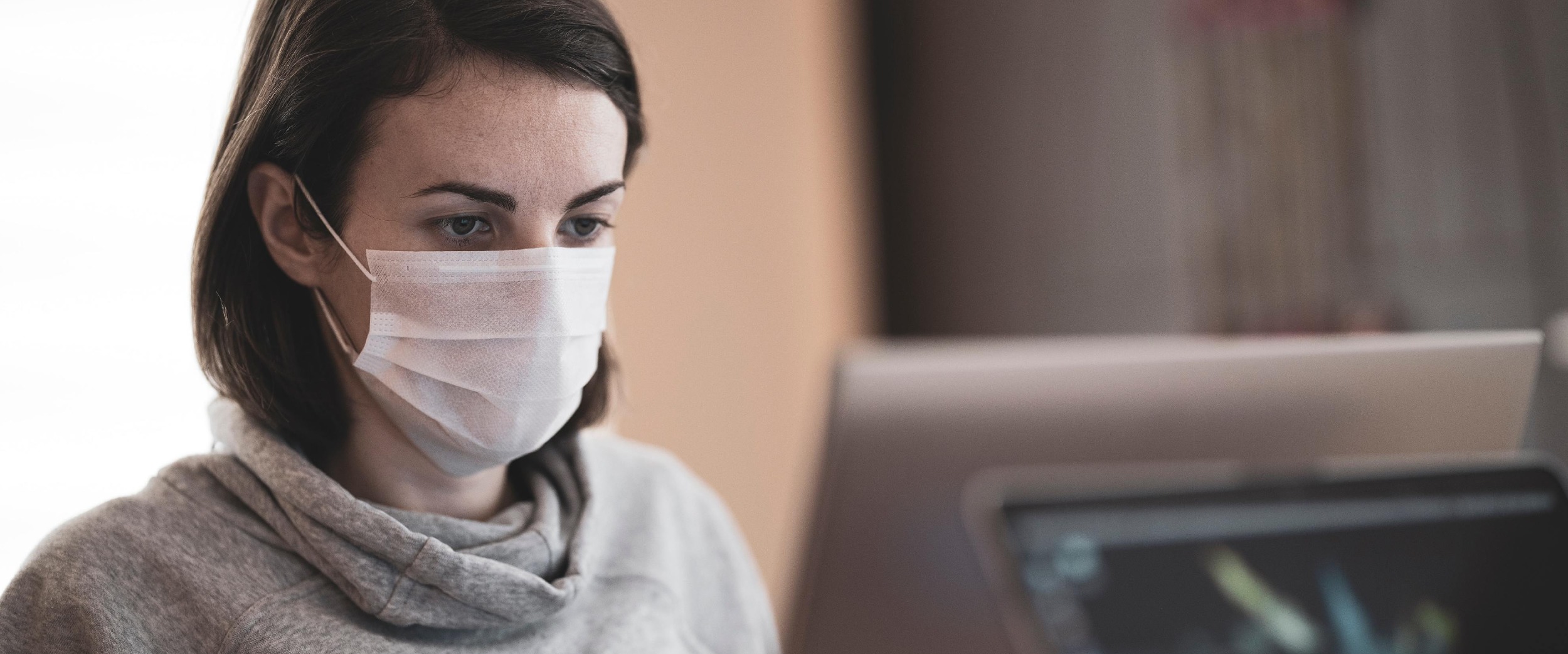The risk of a COVID-19 diagnosis for breast cancer patients is still not completely known. Studies have been done that show that cancer patients are more at risk of adverse effects if they develop COVID-19. However, a few studies state that compared to other cancer patients, breast cancer patients are at a lower risk of serious illness. The stage of breast cancer also seems to play a role in one’s risk level.
The reason that cancer patients have been identified as high-risk is because they are immunocompromised. As breast cancer patients, you may worry about how your cancer diagnosis can, or has, impacted your immune system. In this blog, we provide information as to how various cancer treatments can impact your immune system. Although breast cancer itself may not directly compromise your immune system in the same way that blood cancer might, the type of treatment you have gotten might be the cause of a weakened immune system.1 The information provided is based on what is currently available and unfortunately there is limited data regarding how long certain treatments weaken your immune system.
With provinces and territories re-opening businesses and services, you might be concerned of what that means for you as a breast cancer patient. We hope that this serves as a way to give you insight on the impact of your cancer treatment and management on your immune system. Remember that this is a general guide and the best way to properly assess your risk level for COVID-19 is to speak to your primary care team. They will be able to provide you with a more individualized answer.
Chemotherapy
- Impact on your immune system depends on:
- Type and stage of cancer
- Chemo drugs that are used
- Dose and frequency of that chemo is administered
- Age of patient
- Eating habits
- Other cancer treatments
- One of the most common reasons for a weak immune system
- Can cause neutropenia, which decreases the number of white blood cells
- When this happens, it might be more difficult for your body to fight infections
Radiation
- Impact on your immune system depends on:
- Dose and frequency that radiation is administered
- Location and amount of body being treated
- Other cancer treatments
- May destroy healthy cells which can lead to increased risk of infection
- Radiation for metastatic breast cancer patients is the most likely to cause low counts of white blood cells
- This is especially the case if the cancer has metastasized to the bones
- This effects your immune system in a similar way to how chemo affects your immune system, with the likelihood of developing neutropenia
- This is especially the case if the cancer has metastasized to the bones
- Local radiation doesn’t have a huge impact on the immune system
Targeted Cancer Drugs
- Some targeted therapies known to increase risk of infection include:
- trastuzumab emtansine (Kadcyla)
- everolimus (Afinitor)
- trastuzumab (Herceptin)
- trastuzumab with pertuzumab (Perjeta)
- palbociclib (Ibrance)
- ribociclib (Kisqali)
- abemaciclib (Verzenios)
- Targeted therapies have less negative side effects than chemo
Surgery
- Impact on your immune system depends on 1 :
- Length of hospital stay
- How long and extensive the procedure was
- Amount of bleeding during surgery
- Eating habits
- Other cancer treatments
- Other comorbidities
- Major surgeries can affect immune system and impact its ability to fight infections and they expose your body to germs
- Lymph nodes removal doesn’t affect immune system
- The immune system may take anywhere from 10 days to many months to fully recover
Immunotherapy
- May impact your immune system and your body’s ability to fight infections
Hormone Therapy
- Doesn’t affect your immune system
What You Can Do
While no one specific thing will boost your immune system to 100% , there are various things you can do to help your immune system and to lower your risk of adverse effects from a COVID-19 diagnosis. A few of these are:
- Sleep well – try to get around 7 hours of sleep a night
- Exercise regularly – exercise doesn’t have to be strenuous and light activity is better than nothing
- Eat healthy foods
- Engage in stress reduction and management practices
- Don’t smoke – if you do smoke, try to quit
- Wash your hands
- Practice social distancing
Photo by engin akyurt on Unsplash








